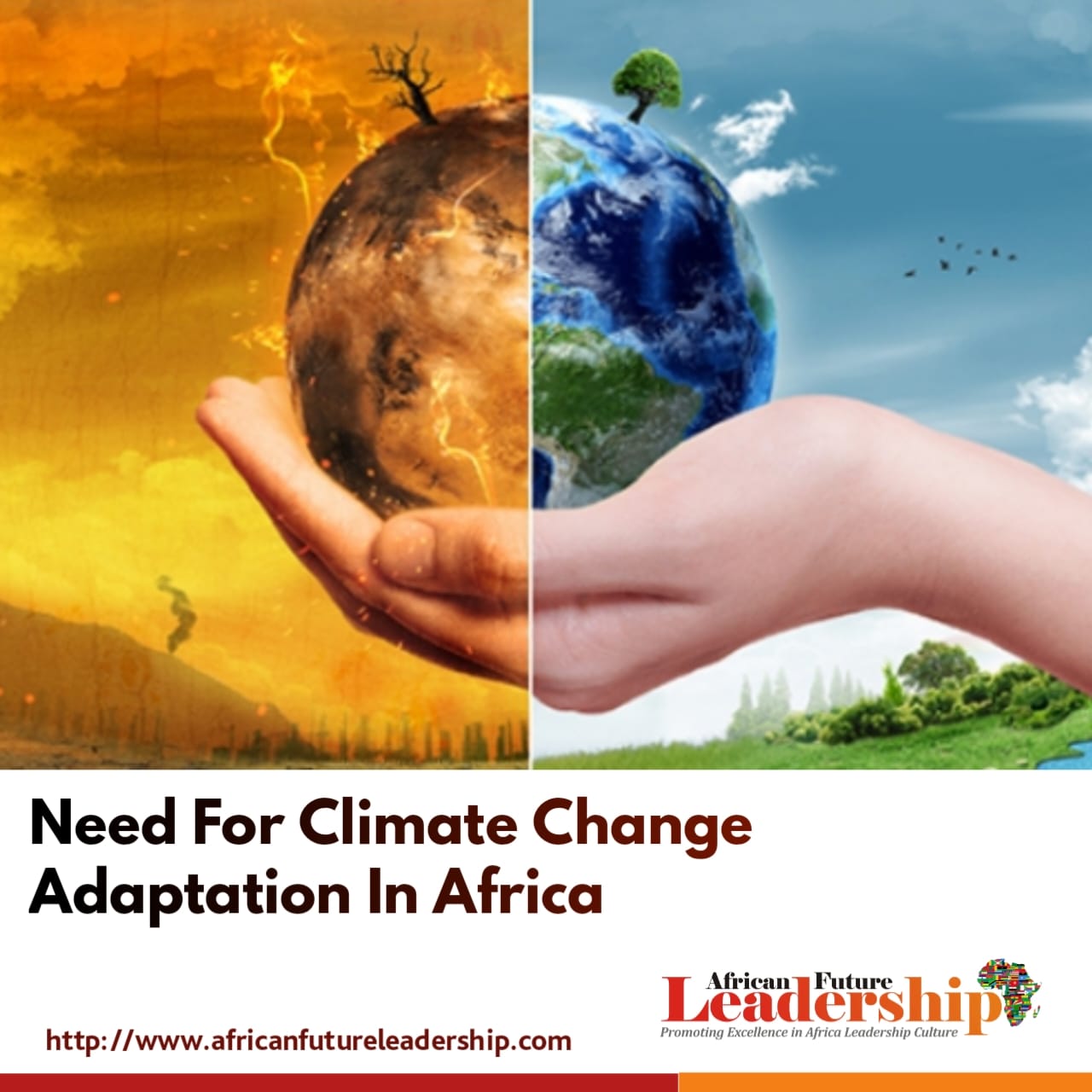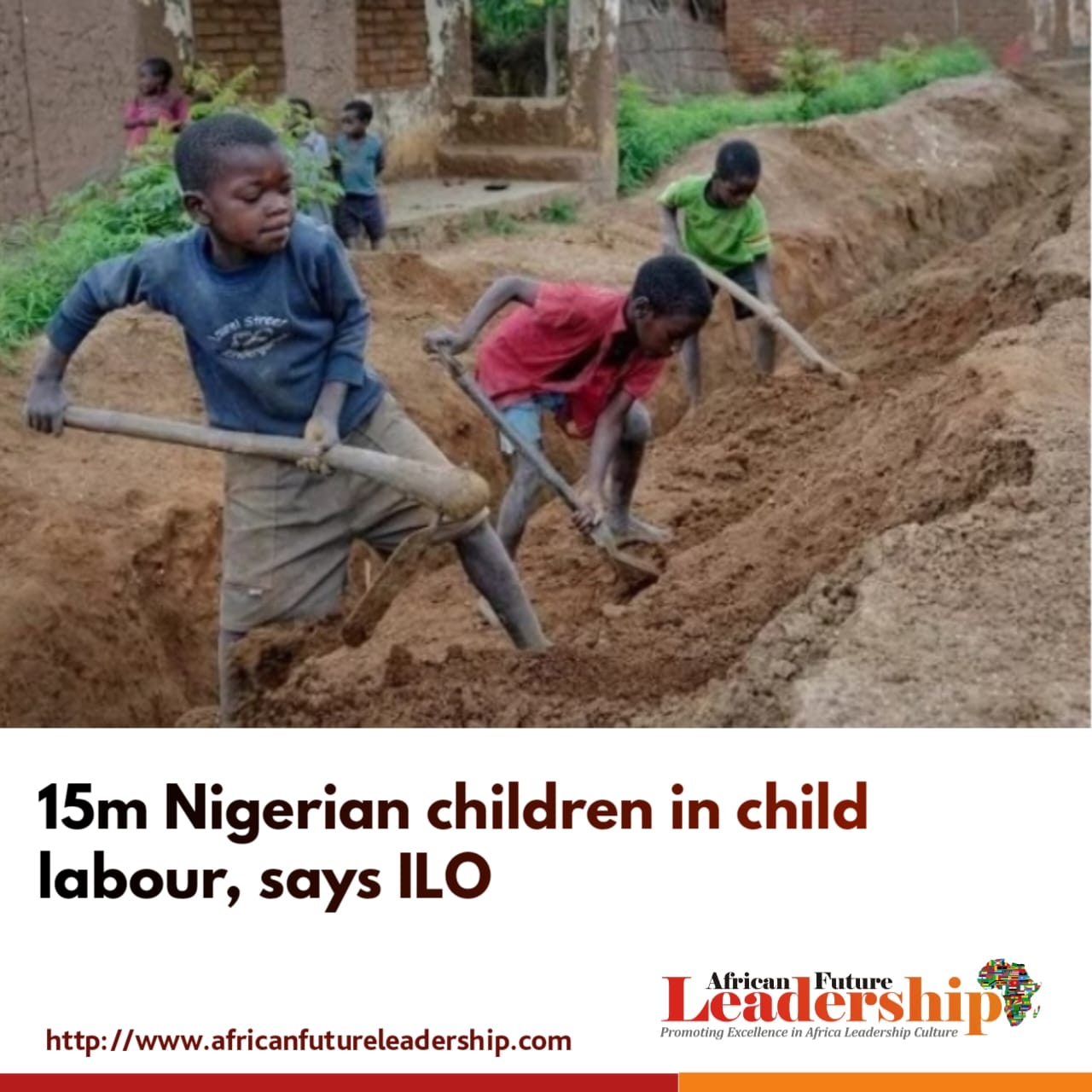As the COP27 rounds up in Egypt, Africa is at a tipping point. With projected temperatures rising higher than the rest of the world and an increase in the occurrence of droughts, floods and other natural disasters – the people, economy and ecosystems of Africa are especially vulnerable to the effects of climate change. Early pilot initiatives for climate change adaptation have provided important lessons, data and insights to inform the design, implementation, monitoring and evaluation of future climate change adaptation programming across the continent.
Interestingly, taking these pilot initiatives to scale will require increased capacity and collaborative management approaches, improved engagement with the private sector, empowering actions that engage women and youth, capacity development to improve climate governance, and a holistic approach that looks at climate change, not as a series of linear challenges, but as a systematic challenge that requires transformational shifts, innovative thinking and bold action.
Imperatively, therefore, addressing climate drivers in Africa requires a continued focus on human development. As we take steps to mainstream and accelerate a new generation of climate change adaptation and mitigation projects designed to address both baseline needs as well as long-term targets for environmental protection and economic and social development, these projects need to connect climate drivers with community development; community development with zero-carbon growth, and zero- carbon growth with a climate-resilient future.
Hence, people are at the center of the climate change equation. They are the common denominators that connect adaptation with mitigation, and the common driver of human-induced climate change. Adaptation may take the form of improving farm production to leave no one behind in our goals of ending hunger and poverty by 2030, as well as strengthening effective and inclusive climate governance.
READ MORE: Elumelu Stamps Feet Across the Continent
Thus, in a world where every economic sector, be it farming or aviation will need to rethink the way it does business, the human power, intellect and innovative spark of the people of Africa will be the essential driving force behind climate change adaptation on the continent. Human-driven design, connected with evidence-based decision-making will be key in ensuring the sustainability of investments in climate actions in Africa. For developing countries in Africa, this innovative human- based design will require continuous support from the United Nations Development System, civil society, the private sector and donor funds.
In this regard, the cost of inaction or poorly executed action is simply too high to ignore the problem at hand. The real question is how will the world rise to the challenge and support the people of Africa in building a resilient future?
Incidentally, human-induced climate change is real and is affecting development progress today.
Surely, human influence has been detected in ocean warming, ocean acidification, the global water cycle, reductions in snow and ice, global mean sea level rise and some climate extremes.
And the link between human-induced climate change and rainfall patterns in Africa is uncertain. Changes in rainfall trends – such as the onset, duration, dry spell frequencies and rainfall intensity – have been detected in eastern Africa, Southern Africa and the Horn of Africa. East Africa has experienced intense rainfall and drought more frequently in recent decades during the spring and summer seasons, and southern Africa is experiencing more droughts.
Significantly, the link between climate and conflict in Africa and across the globe is a cause for concern. According to recent estimates from the Food and Agriculture Organization of the United Nations (FAO), of the 815 million chronically food-insecure and malnourished people in the world, the vast majority 489 million live in countries affected by conflict.
Moreover, the proportion is even more pronounced for undernourished children. Almost 122 million, or 75 percent, of stunted children under age five live in countries affected by conflict, with the difference in average prevalence between conflict and non-conflict affected countries at nine percentage points. Climate change is also contributing to human migration, which can trigger conflict over scarce resources such as lands and water.
Therefore, a fundamental point is that climate change will interact with and exacerbate baseline stresses that, in many cases, are the primary drivers of vulnerability and poverty. For example, water resources will be subject to much larger pressures such as population growth, urbanization, agricultural growth and land use change.
Consequently, human induced climate change is real and will harm African economies. Indeed, the early signs of this are apparent already today. Without global action to cut greenhouse gas emissions, climate change will accelerate and our opportunity for planned and controlled change management will diminish. The effects on African economies could be devastating. Adaptation is a matter of social justice because those most impacted by climate change have contributed least to the problem.




